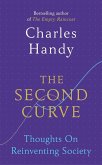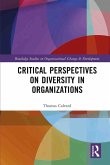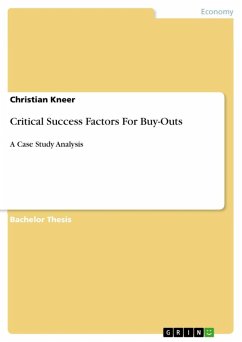Seminar paper from the year 2005 in the subject Business economics - Business Management, Corporate Governance, grade: 92 percent (First), University of Lincoln, language: English, abstract: "Peters is ... the father of the post-modern corporation." Why do people follow Gurus?One explanation can be the search for meaning in life. They offer fulfilment and promise a peaceful and happy life . Herein the emphasis lies on management Gurus. Can we transfer the above to a management context? In management we follow rules, rituals and symbols. Every morning we are called to the holy mass, worshipping the corporate identity manual and confessing our companies inability to keep the promise of short delivery times to our customer . Our consultant will teach us by showing us how we can improve quality, reduce wastage and improve happiness in our jobs. Tom Peters with his work on "excellent companies" lay the foundation of the work presented. Utilizing postmodernist techniques, the author challenges the teachings of the so called management gurus. Decentering, deconstructing and reflecting back on itself the author critically re-evaluates his personal guru. As a result a new perception of the circle commonly known as management gurus materializes and the insights gained are to be used as a tool in modern management. Are modern managers mislead in their thinking by following the wrong ideas?
Dieser Download kann aus rechtlichen Gründen nur mit Rechnungsadresse in A, B, BG, CY, CZ, D, DK, EW, E, FIN, F, GR, HR, H, IRL, I, LT, L, LR, M, NL, PL, P, R, S, SLO, SK ausgeliefert werden.









